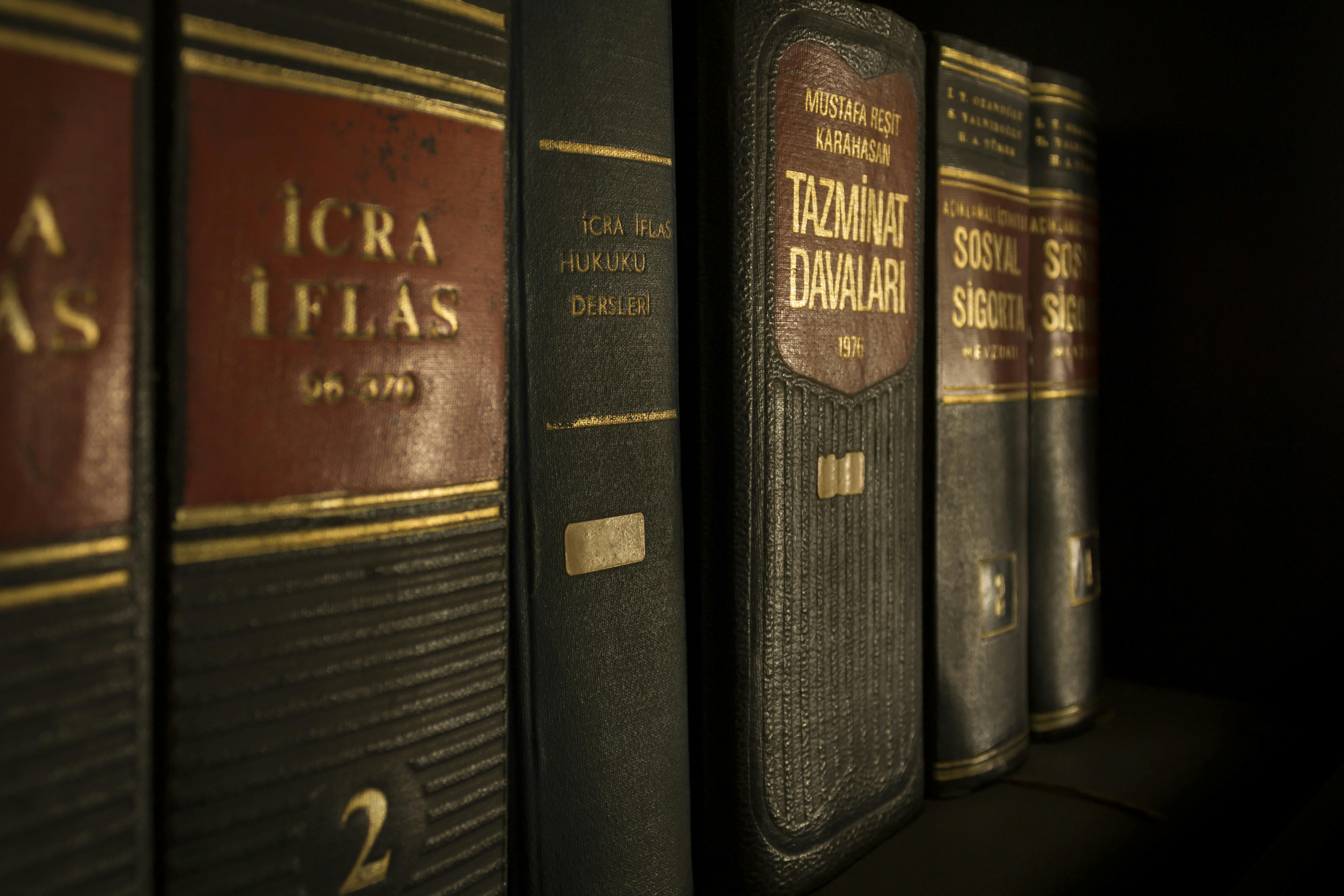Ultimately, it is through continued vigilance, education, and legal action that we can build a more just society.
The importance of equitable treatment in higher education cannot be overstated. Universities and colleges are not only places of learning but also environments where individuals from diverse backgrounds interact.
However, discrimination in higher education remains a pressing issue. The law plays a crucial role in addressing and mitigating discrimination in higher education, ensuring that all students have access to a fair and inclusive learning environment.
This article explores how legal measures are used to address various forms of discrimination in higher education.
Understanding Discrimination in Higher Education
Discrimination in higher education can manifest in various forms, including racial, gender, age, disability, and sexual orientation discrimination. Such biases can hinder academic performance, affect mental health, and limit career opportunities for students.
Types of Discrimination
- Racial Discrimination: Often involves unfair treatment based on ethnicity or race, which can result in hostile environments or unequal opportunities.
- Gender Discrimination: This includes biases against individuals based on gender, impacting access to courses, resources, or faculty positions.
- Disability Discrimination: Failure to provide appropriate accommodations can prevent students with disabilities from fully participating in academic life.
Each type of discrimination violates basic human rights and goes against the principles of equality and fairness in educational settings. Legal frameworks are essential to address these issues effectively.
The Legal Framework
A robust legal framework is vital for combating discrimination in higher education. Laws and policies are designed to protect students from unfair practices and ensure institutions adhere to standards of equality.
Key Legislation
Various laws have been enacted to curb discrimination in educational environments. These laws provide a legal basis for addressing grievances and holding institutions accountable.
- Equality Act 2010: In the UK, this act consolidates previous anti-discrimination laws, offering protection against discrimination in education, among other areas.
- Civil Rights Laws: These laws aim to protect individuals from discrimination based on race, sex, and other characteristics. Information about The Human Rights Act can be found here.
These legal structures empower students and educators to challenge discriminatory practices and advocate for more inclusive policies.

Moreover, the implementation of these laws is complemented by various guidelines and advisories. For instance, the legal advisories on educational equality offer insights into ensuring compliance with anti-discrimination policies, as stated in The Equality Act of 2010.
Challenges in Enforcing Anti-Discrimination Laws
While the legal framework provides a strong foundation for addressing discrimination in higher education, enforcement remains a significant challenge. Institutions often struggle with the practical implementation of these laws, which can lead to continued instances of discrimination.
Institutional Barriers
Many universities and colleges face institutional barriers that hinder the effective application of anti-discrimination laws. These can include:
- Lack of Awareness: Staff and students may not be fully aware of their rights or the specific laws designed to protect them, leading to underreporting of discrimination cases.
- Insufficient Training: Faculty and administrative staff may require more comprehensive training to recognise and address discriminatory practices effectively.
- Bureaucratic Hurdles: Complex administrative processes can discourage individuals from reporting incidents of discrimination.
Addressing these barriers requires a concerted effort from both educational institutions and legal bodies to ensure that the principles of equality are not just theoretical but are actively practised.
The Role of Educational Institutions
Educational institutions play a pivotal role in creating an environment where all students feel safe and respected. By taking proactive steps, universities and colleges can significantly reduce instances of discrimination and promote a culture of inclusivity.
Promoting Inclusivity
To foster a more inclusive environment, institutions can implement several strategies:
- Diversity Training: Regular workshops and training sessions can help raise awareness and educate students and staff about the importance of diversity and inclusion.
- Support Systems: Establishing robust support systems, such as counselling services and diversity offices, can provide students with the resources they need to address discrimination.
- Clear Reporting Mechanisms: Transparent and straightforward reporting mechanisms can encourage individuals to report discrimination without fear of reprisal.
By prioritising these initiatives, educational institutions can lead the way in eliminating discrimination and supporting a diverse student body.
Critical aspects
The role of law in addressing discrimination in higher education is fundamental to ensuring that educational environments are equitable and inclusive. While significant progress has been made through legislation and policy development, challenges in enforcement and implementation remain. By understanding these challenges and actively working to overcome them, we can move towards a future where discrimination in higher education is a thing of the past.
Institutions, legal entities, and individuals must continue to advocate for the rights of all students, ensuring access to quality education free from bias and discrimination. For further reading on the topic, you might explore this resource on discrimination in education.
Ultimately, it is through continued vigilance, education, and legal action that we can build a more just and inclusive society. This requires not just compliance with existing laws but also a commitment to fostering an environment that respects and celebrates diversity at every level of the educational system.


Join the conversation!